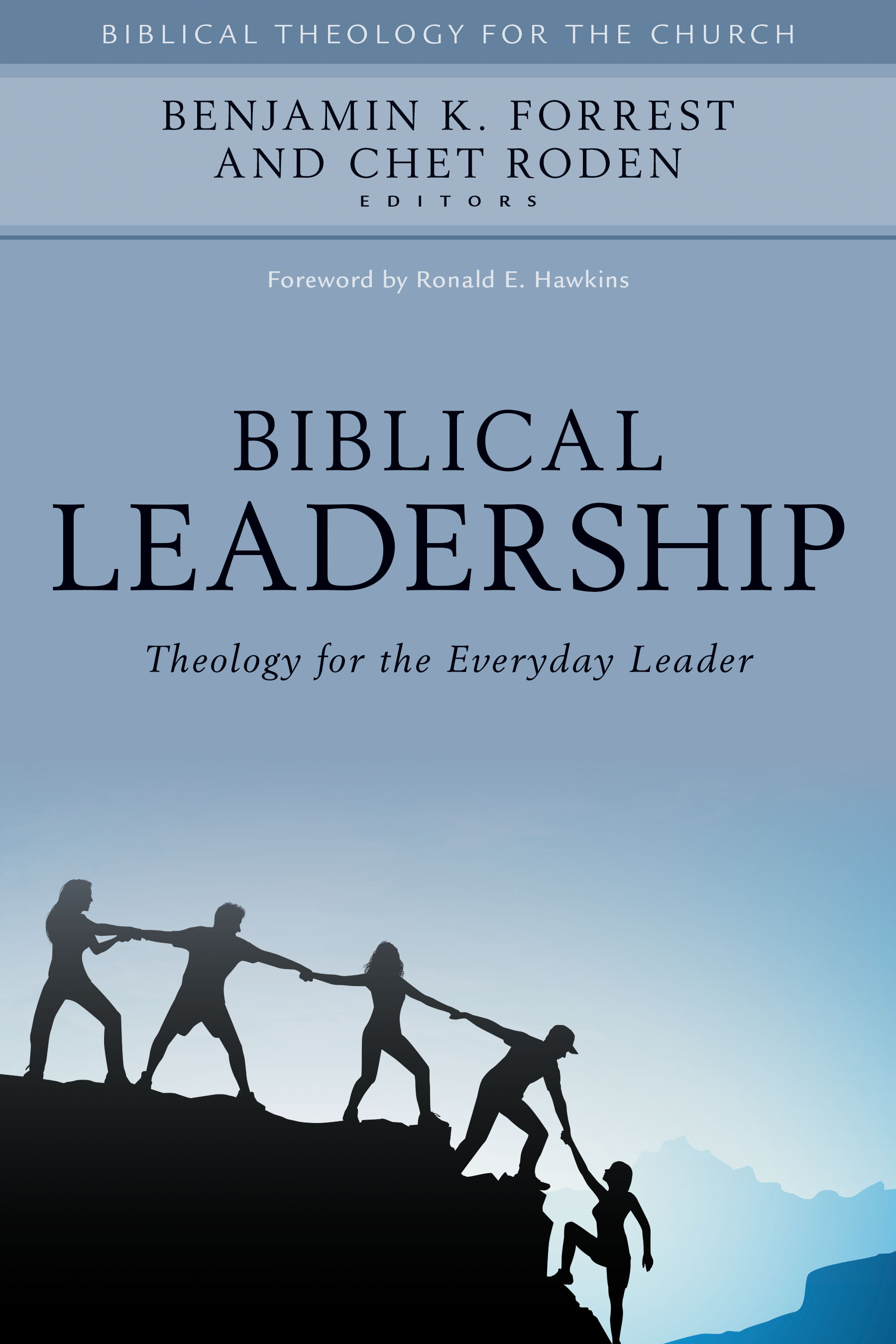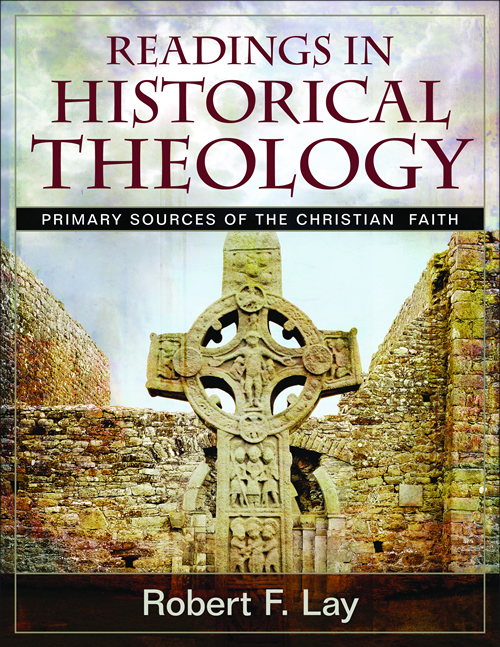One might argue that the story of Moses begins here, in Exodus 2. For narrative purposes, that would be a good statement. But really, Moses' story begins way back in Genesis. The word that we translate as "basket" in Exodus 2 is the same word that is translated as "ark" in Genesis 7. In the variety that is the English language, the "Ark of the Covenant" that we will get to later in Exodus is not the same word for "Ark." So, if you want to make a connection from Genesis to Exodus, you should make it between the boat and the basket, not the boat and the box.
Which is a valuable lesson on two fronts. First, the overall Biblical languages front: we must remember that the Bible was not originally in English. English is one of hundreds of receptor languages for translations of the original Hebrew, Aramaic, and Greek that the Bible was written in. Therefore, if you want to fully engage with the text you need to access those languages. I recommend a mixed approach, especially if you cannot afford the time/money/energy to learn the languages themselves (remembering that your language learning is only as good as its sources, at that): have multiple translations in your language (if they exist) and have good tools available. What are good tools? Sound Bible commentaries and study notes--this is the value of Study Bibles as a genre--as well as learning to use a concordance and a Bible dictionary.
If you only read the Bible in one translation and never consult the vast wealth of information that is available to you, English speakers, then you are not using all that God has given you to understand His Word. Start with some basics: Journey into God's Word and How to the Read the Bible for All its Worth are great starting points. Find your pastor and commit to a basics of Biblical interpretation class! The other tools, like sound Biblical commentaries, will take some investment but they are worth it.
The second valuable lesson is this: God works in His own ways, and sometimes there are similarities without identical happenings. In Genesis, God saves only the people in the Ark, rebuilding the population from those eight. In Exodus, God saves only one person through an ark, and will use that one to save the people of Israel. The expectation that God must do the exact same thing in all lives is not a good one--He has done the exact same thing for all by Jesus death on the cross for our salvation, but beyond that? Walk in obedience and let God work according to His ways, rather than expecting a photocopy of what He did in someone else's life.
For most folks, the Moses story is pretty well-known. He's drifted off down the Nile in a basket (ark) and pulled out by Pharaoh's own daughter. Now, technically, Moses's family obeyed Pharaoh's command: they put the baby boy in the river. Obviously, he was after something far more sinister. Tough break for Pharaoh.
Worth considering: there are almost no ancient stories where a king/noble/tyrant tries to eliminate a threat from an upcoming generation and succeeds. Check Greek mythology (Perseus, Oedipus), other mythologies, and you'll find that to be the case. Moses is a true example of this--and many of the other stories probably have a basis in truth. Brutality wins a day, but it rarely wins in the end.
Pharaoh's daughter draws out Moses, saves him, and gives him to his own mother for her to take care of. Then Moses grows up, kills an Egyptian, and flees the country. At this point, he meets Reuel, Zipporah, and the rest of a family of Midianites. He's been in Egypt for 40 years, and now he will be in Midian for 40 years.
As to the facts of the matter: we are not sure which Dynasty of Egypt is involved here, and I won't try to thread that needle. There are several historical examples of the "M-s-s" consonant group in Egyptian names, so consider those areas. Midian has typically been identified in modern-day Saudi Arabia. If you take the tradition that Moses' Mount Sinai is on the modern Sinai Peninsula, then you will have to put some Midianites there as well, but I would side with the view that tradition put Mount Sinai in the wrong place, resulting in the Sinai Peninsula being a misnomer. I think you find both, and the bulk of the Exodus-Numbers-Deuteronomy setting, on the Arabian Peninsula.
Practically? Catch the end of the chapter: Exodus 2:23-25. The Israelites cried out, God heard, God saw, and God knew. Whatever you are going through, cry out to God. He hears, He sees, He knows.
But His response may take longer than you want, because He may work in your situation alongside a few million others, too.
 As we get to today’s book, Biblical Leadership, it’s important to start with an understanding of what the discipline of “Biblical Theology” is. While the source of all the theology we do as Christians should be the Bible, “Biblical Theology” is the specific study of what the Bible has to say in certain sections about a theological topic.
As we get to today’s book, Biblical Leadership, it’s important to start with an understanding of what the discipline of “Biblical Theology” is. While the source of all the theology we do as Christians should be the Bible, “Biblical Theology” is the specific study of what the Bible has to say in certain sections about a theological topic.  While this is a somewhat older book (for Internet reviews), the content is fairly stable. It was a gift from Kregel Academic back in January. I’m running behind on book reviews.
While this is a somewhat older book (for Internet reviews), the content is fairly stable. It was a gift from Kregel Academic back in January. I’m running behind on book reviews.
